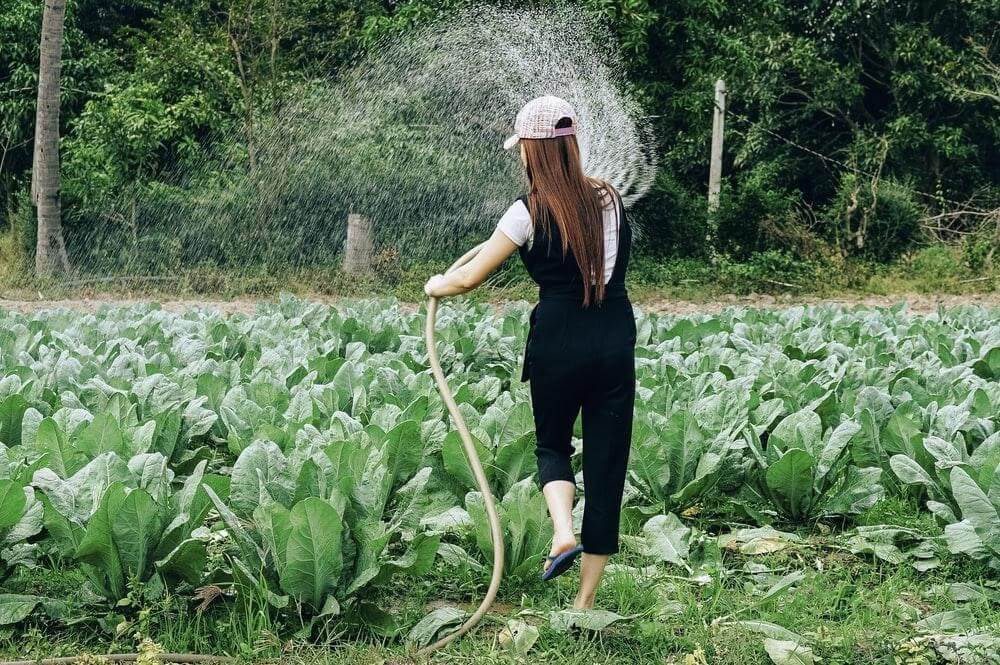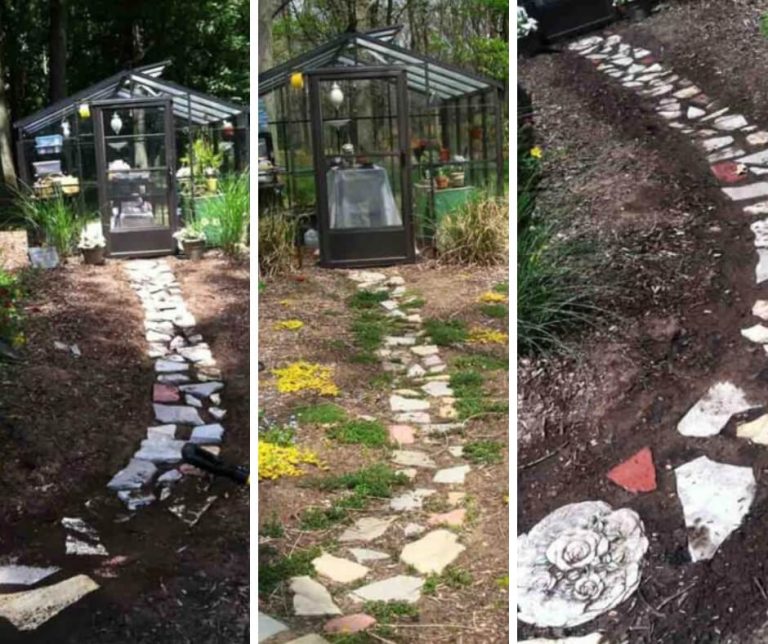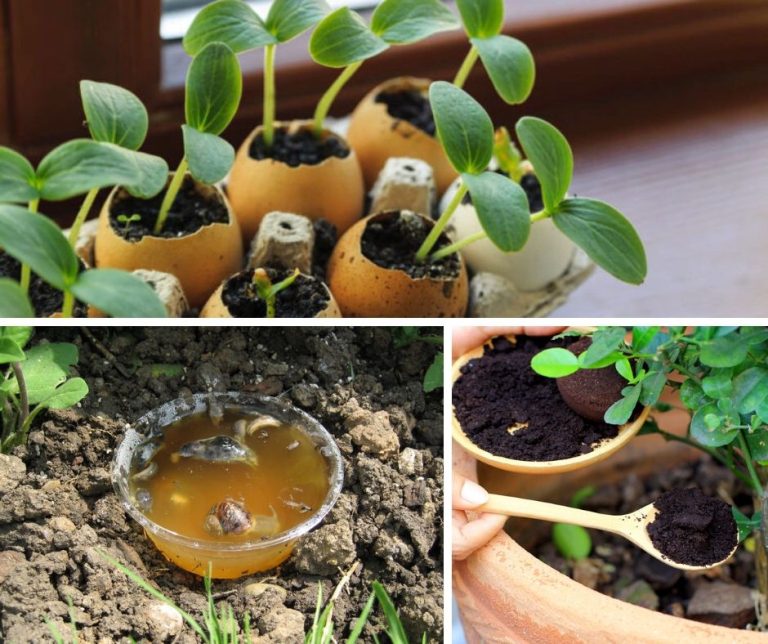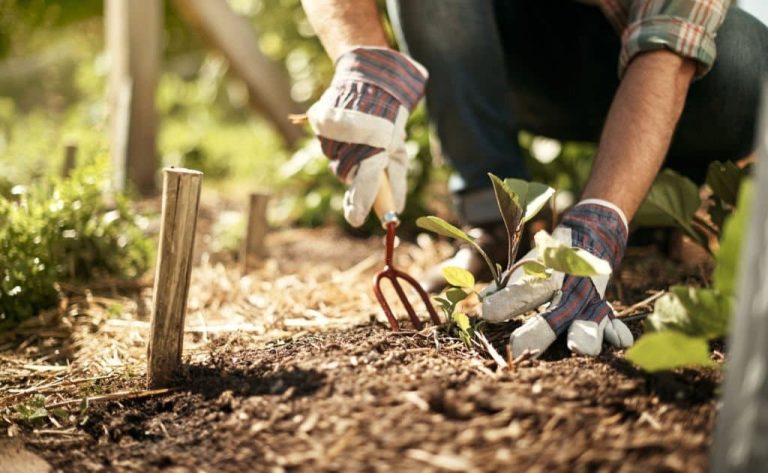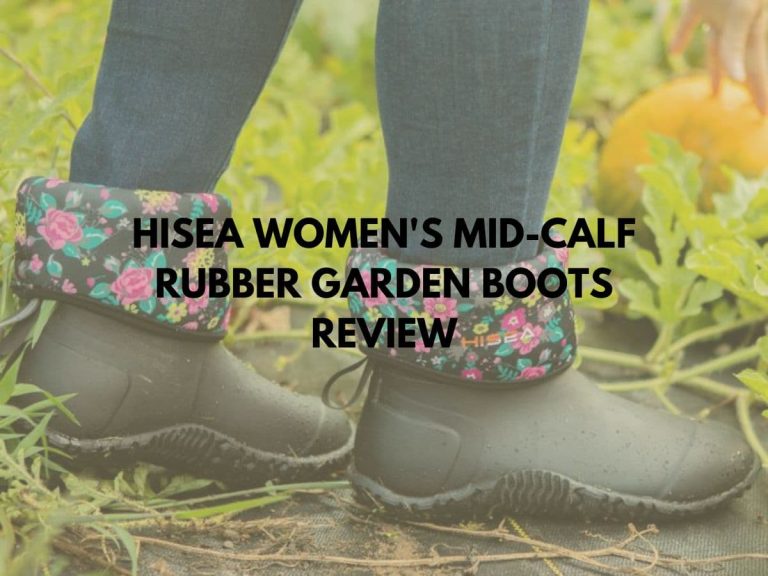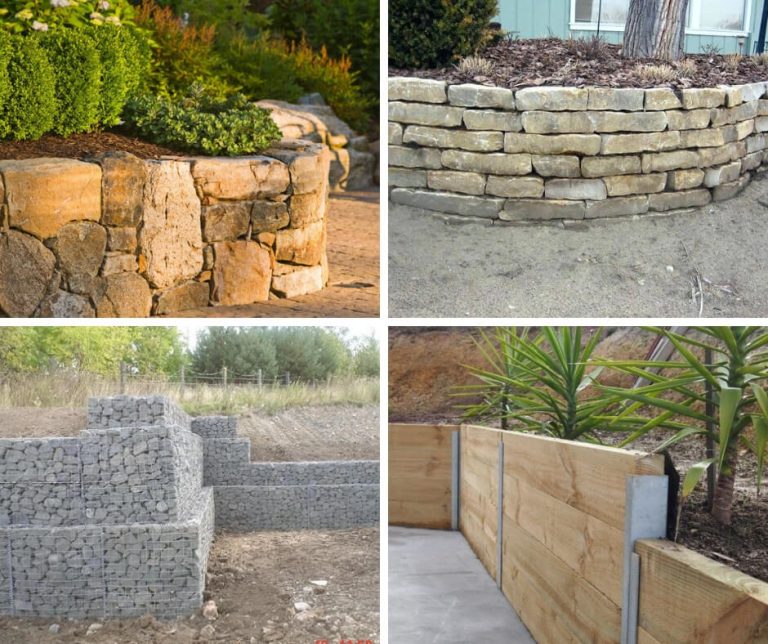Garden Maintenance: How Often Should I Water My Garden
Beautiful and alive garden… this is what we want to see in our homes.
When it comes to maintaining the garden… this is one of the questions green-thumbed folks usually ask:
Table of Contents
How often should I water my garden?
It’s not as complicated as it seems. But there are things to consider. These include the type of soil you have and what your climate is like. Also, the types of plants you are growing.
Things to consider:
Soil

Check the soil before watering your garden. Touch it. If it’s wet or soggy, your garden is not thirsty yet. But if the soil is almost dry, it needs water. Just like when we are thirsty, we need a drink.
Don’t let the soil dry out completely because it will do more harm than good.
Also, consider the type of soil in your garden. Sandy soil holds less water and dries out faster than clay type of soil. Clay soil is heavier. It means it can hold moisture longer.
Climate
How often you should water your garden depends also on the climate where you live.
If you are living in a hot, dry and sunny place, you may need to water your garden more frequently. At least once a week.
Gardens in an area that’s cold and has frequent spells of rain needs to be watered every two or three weeks.
Reminder: The soil determines whether your garden needs water. So, always check it!
Plants

Plants have different watering needs. So, know your plants in your garden. When and how often you should water them depends on the type of the plant.
If you are growing rainforest plants, they need water every day. Because they are used to high volumes of water.
Take note of these:
- Larger plants need more water
- Plants with shallow roots like vegetables, bedding plants, and several types of perennials… usually need daily watering, especially in warmer climates
- Be careful with potted plants. Especially if the pot has no drainage holes. Over-watering them can form a pool at the bottom of the pot. Poke your finger in and check the environment below before watering.
Light

The amount of light your garden receives is a huge factor. Our plants need light to grow and flourish. But as with everything else, too much of a good thing can be not good anymore.
If the plants in your garden are getting too much light, the petals will begin to dry out. The color will start to fade. And the entire plant droops.
Watch out for these signs when you check your garden. And give your garden the care it needs.
How much water should I give my garden?
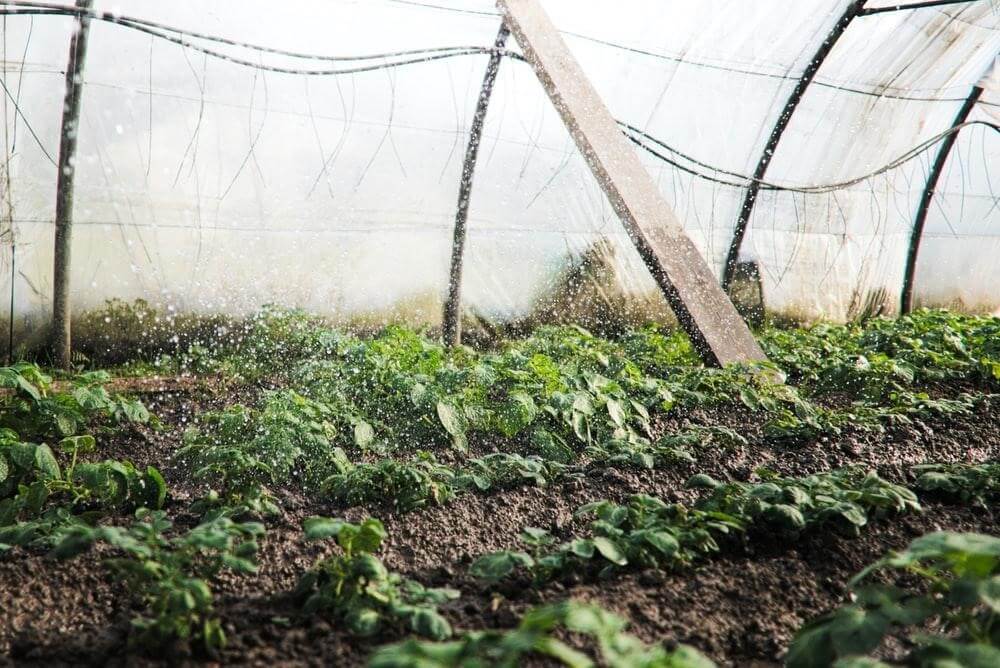
Deep watering can deepen and strengthen root growth.
General rule of thumb: Water your garden about 2 inches once a week.
Watering more often and shallower can lead to weaker root growth due to evaporation. But gardens and plants vary widely in their watering needs.
For example, young seedlings have limited root systems. They may need water daily. To ensure they get the moisture they need. Plants with more extensive root systems need less water. They may only need to be watered during extended dry spells.
Reminder: Carefully check your garden. And water it when it needs it.
Golden Rules for Watering
When it’s summer, we need to prevent our plants from wilting. They need plenty of water. Here are some smart and helpful tips for watering your plants:
- Maintain good soil moisture levels: Most of the plants depend on even moisture. But slightly drying out before watering helps the root growth of the plants.
- Water less, but thoroughly: It is better to water less often but with plenty of water than a little water often.
- Water early in the morning or late in the evening: Watering cooled soil at night evaporates less water… than watering hot soil during the day. The plants can sufficiently give themselves water before the next day’s heat.
- To avoid diseases, keep leaves dry: When leaves are kept wet, they become diseased leaves. Leaves made wet in the sun develop slight burn marks. When kept wet overnight, it may result in leaf-mold diseases.
- Make sure that the water reaches the roots: Too low water quantities often cover the upper soil only.
- Apply gradually so water can fully penetrate the soil without run-off: Water needs time to seep into the soil. So, it’s better to water repeatedly in parts.
- For a balanced well-developed root system, water evenly around the plant: Watering at only one root point can lead to one-sided root growth. And to poorer nutrient absorption in the soil. So, always water around the plant. And distribute in the entire irrigation area.
- Avoid waterlogging: Waterlogging can suppress the breathing air of the roots out of the soil. The root cells drown without oxygen.
- Use quality, clay-rich type of soil to keep water better: Plant soil rich in minerals has better expanding properties. It can hold water in the soil better and in a more even way. During wet summers and in winter, ensure water drainage to prevent waterlogging, avoid watering mistakes.
Irrigation Methods
Use water-saving irrigation methods like drip irrigation.
Water as much as needed. And as little as possible. This can be simplified using an automatic irrigation system with a moisture sensor.
What to use to water my garden?
The ideal watering tool is a soaker hose. Soaker hoses deliver water slowly and close to the plant roots.
The best time of the day to water my garden
The best time of the day to water is early in the morning. It’s still cool outside. It allows the water to run down into the soil and reach the plant roots. Before excess water is lost to evaporation.
But if you find it difficult to water your garden early in the morning because of your daily schedule, the next best time is late afternoon or early evening.
Summary
How to maintain your garden depends on the soil, plants you grow and the climate where you live. Also, the sunlight that your garden receives. Crops vary in frequency and amount of water needed to keep them alive. Vegetables vary on the amount of moisture they need to stay alive. Many plant types absorb water at different rates. It depends on their stage of development. These tips can help you avoid under-watering or over-watering your garden

